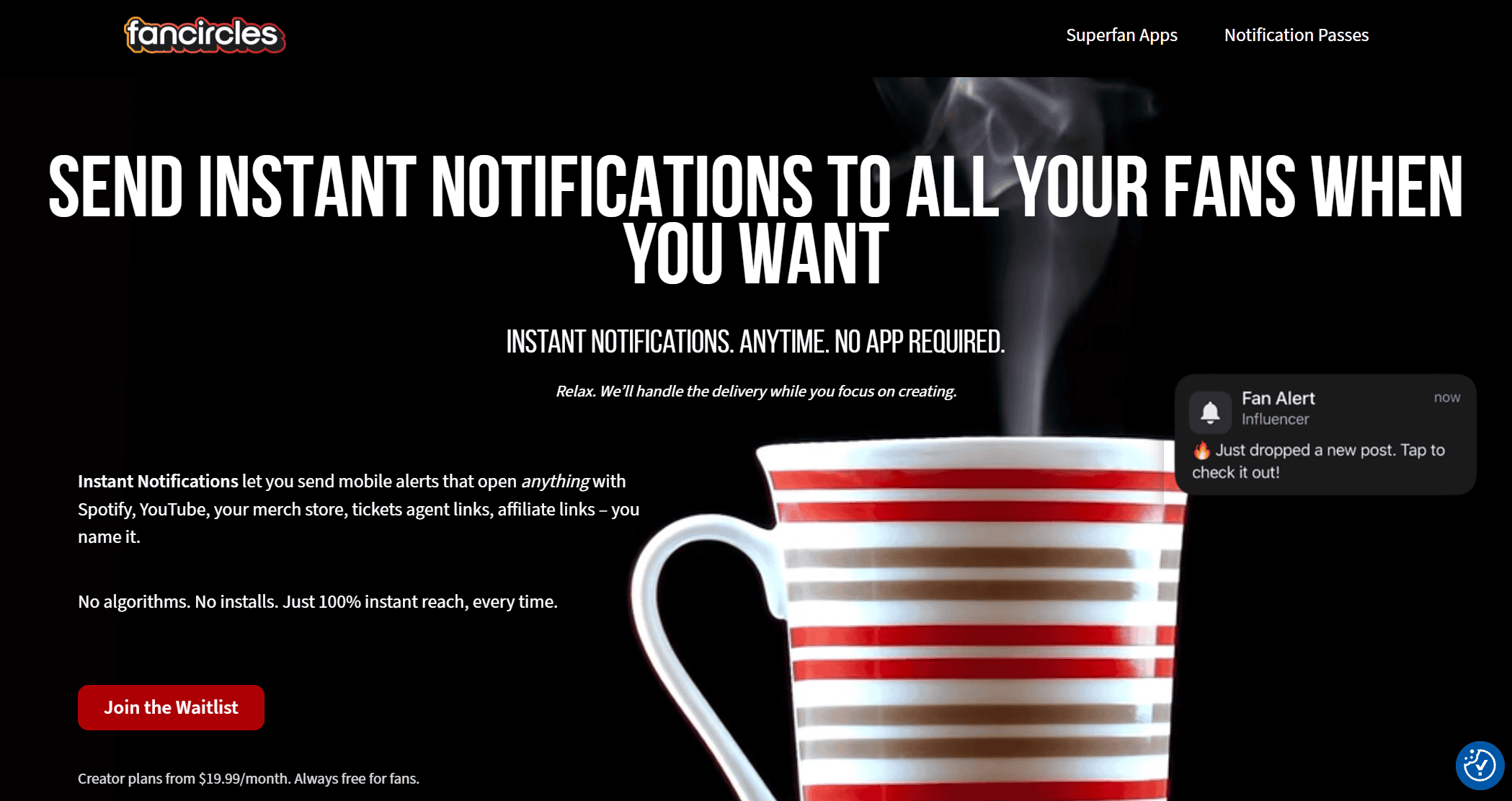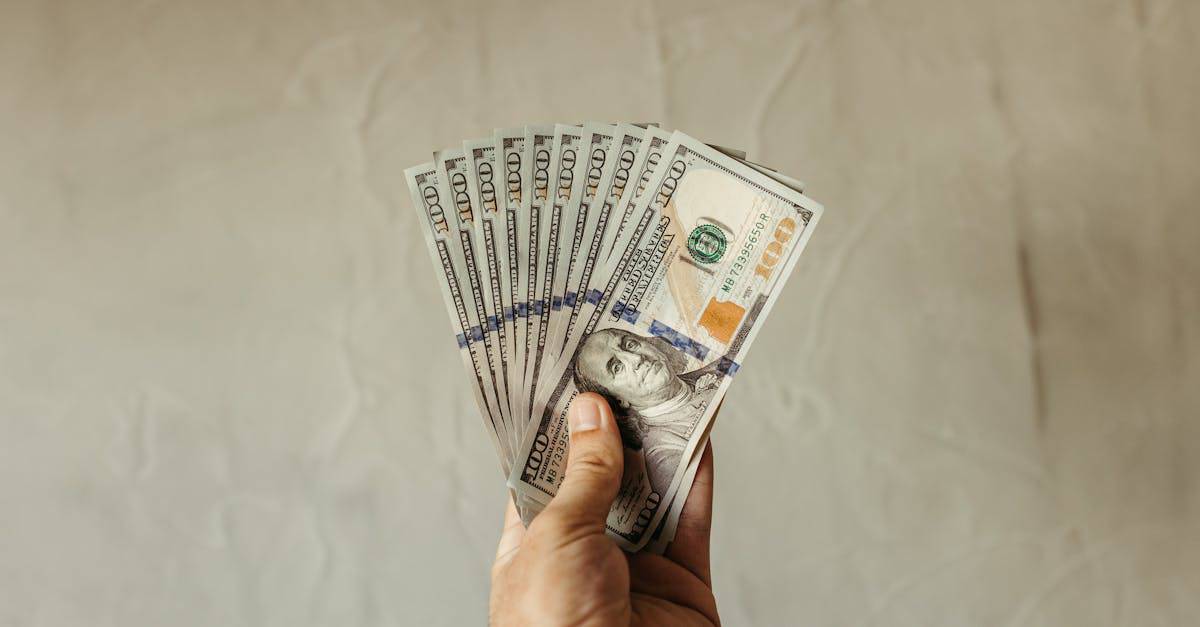Introduction to QR Codes for Music Artists
The music industry has always been an ever-evolving landscape, with technology playing a critical role in its transformation. In recent years, QR codes for music artists have emerged as a groundbreaking way to engage audiences, promote their work, and foster a more connected fanbase. This article will explore the benefits of QR codes for music artists and delve into the best practices for implementing them effectively.
Unlocking the Potential of QR Codes in the Music Industry
QR codes have come a long way since their inception in the early 1990s. Originally designed for tracking automotive components, these two-dimensional barcodes have now found their way into the music industry, offering an innovative and convenient method for connecting artists with their fans.
1. Seamless Content Distribution
QR codes simplify the process of sharing music and multimedia content with fans. By simply scanning the code with their smartphones, users can instantly access an artist’s latest tracks, music videos, or exclusive behind-the-scenes footage. This hassle-free approach eliminates the need for cumbersome URLs and streamlines content distribution for artists and their teams.
2. Enhanced Merchandise and Album Packaging
Incorporating QR codes into merchandise designs or album packaging allows artists to provide additional value to their fans. For example, a QR code on a T-shirt could lead to an exclusive track download or a personalised message from the artist. Similarly, album covers featuring QR codes could grant access to digital bonus content or unlock special fan experiences.
3. Boosting Event Engagement
QR codes can significantly enhance the live event experience for fans. From providing quick access to tickets and event information to facilitating seamless merchandise purchases, QR codes streamline event management and create a more enjoyable experience for attendees.
4. Amplifying Fan Engagement
QR codes enable artists to create immersive and interactive fan experiences. By scanning a code, fans can unlock augmented reality (AR) experiences, access virtual meet-and-greets, or participate in real-time polls and quizzes. These engaging interactions strengthen the bond between artists and their fans, fostering loyalty and driving long-term success.
Best Practices for Implementing QR Codes for Music Artists
To maximise the benefits of QR codes for music artists, it’s essential to follow best practices for their implementation. Here are some tips to ensure your QR codes deliver an optimal experience for fans:
1. Select MusicJet To as your QR Code Generator
Choose
MusicJet QR code generator that offers customisation options, high-quality codes, and compatibility with various mobile devices. Ensure the generator provides analytics to track code scans and gather valuable insights into user behaviour.
2. Customise and Brand Your QR Codes
Ensure your QR codes align with your artist brand by customising their design. Use your brand colours, incorporate your logo, and experiment with unique shapes to create a visually appealing and recognisable QR code.
3. Test Your QR Codes Thoroughly
Before launching your QR code campaign, test the codes across multiple devices and operating systems to ensure they function correctly. Additionally, make sure the content linked to your QR codes is optimised for mobile viewing.
4. Promote Your QR Codes Effectively
To maximise engagement, promote your QR codes strategically across various channels, including social media, email campaigns, and physical marketing materials. Encourage fans to scan the codes by offering incentives, such as exclusive content or discounts on merchandise. MusicJet
Smart Pages allow you to do this.
5. Analyse and Optimise
Regularly review your QR code campaign analytics to identify areas for improvement. Use this data to refine your content, target audience, and promotional strategies to achieve better results in future campaigns.
Conclusion
QR codes for music artists have the potential to revolutionise the industry by providing seamless content distribution, enhanced merchandise and album packaging, increased event engagement, and amplified fan interaction. By implementing QR codes effectively and adhering to best practices, music artists can unlock a wealth of opportunities to connect with their audiences and elevate their careers to new heights.
The Future of QR Codes in the Music Industry
As technology continues to evolve, QR codes will undoubtedly play an even more significant role in the music industry. With the rise of virtual reality (VR) and mixed reality (MR) experiences, QR codes could become the gateway to immersive music events and interactive fan experiences that transcend physical boundaries.
Moreover, with the increasing adoption of blockchain technology, QR codes could facilitate secure and transparent transactions between artists and fans. This would pave the way for innovative business models that empower musicians to regain control over their work and benefit from fairer revenue distribution.
The music industry is ripe for disruption, and QR codes for music artists are at the forefront of this transformation. By embracing these powerful tools, artists can harness the potential of technology to revolutionise the way they connect with their audiences and redefine the landscape of the music business.
QR Codes: Bridging the Gap Between Music Artists and Fans
In conclusion, QR codes have the potential to create an unprecedented level of connection between music artists and their fans. By providing a seamless, convenient, and interactive way for audiences to access content and engage with their favourite musicians, QR codes are changing the way we experience music.
As artists continue to explore the possibilities offered by QR codes, the future of the music industry looks bright, promising an exciting new chapter for musicians and fans alike. By leveraging the power of QR codes, artists can redefine their relationships with their audiences, paving the way for a more connected, immersive, and rewarding music experience.


